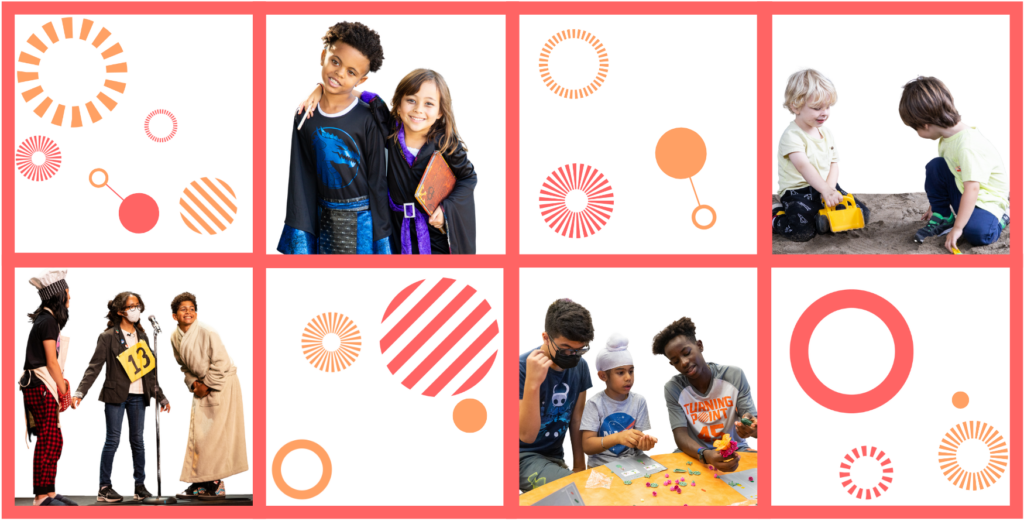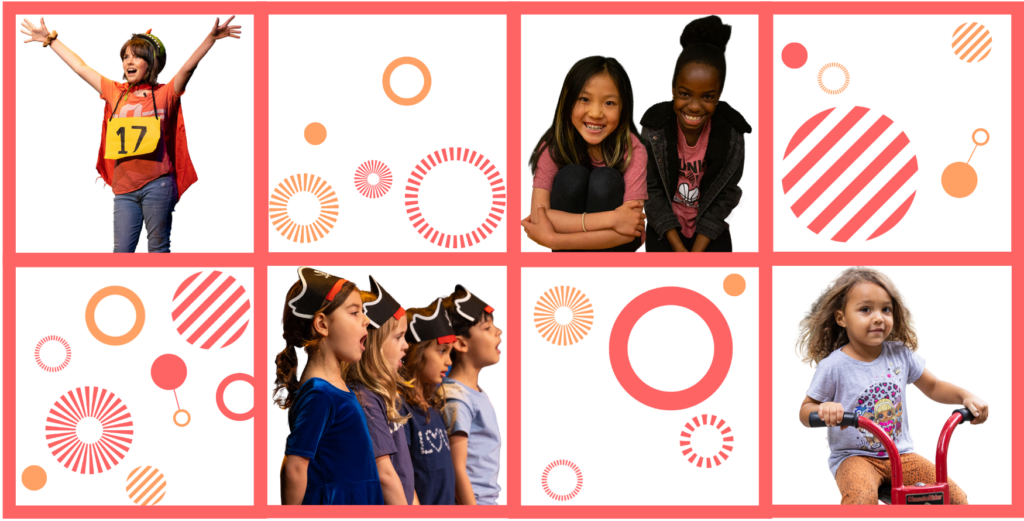This blog summarizes Dr. Konigsberg’s State of the School Address from earlier this month. You may also access the slides and watch a video recording of the presentation.

As we approach the third anniversary of the pandemic and move into the second half of the school year, I have appreciated the chance to reflect on what schools need to become and visualize the mindset we all need to adopt in order to evolve educational communities. This moment provides an opportunity for us to look squarely and unflinchingly at the future so we can help our children and grandchildren flourish in a world very different from the one we have known.
We have been scrambling these past few years to adjust to public health challenges, social justice imperatives, climate disruption, increased conflict mediation, mental health crises, hiring shortages, and the instability of American democracy—to name some significant challenges that have been utterly out of our control. In the short couple of months of 2023, in California alone, we experienced mass shootings, earthquakes, and historic rainfall.
A “new normal” has been predicted as we emerge from the past three years of crisis management. We’re in the middle of this transition, and the feeling is uncanny as the unfamiliar pushes out or layers onto the familiar. Our current reality feels almost normal, but not entirely, and this dissonance understandably creates anxiety. Additionally, we are still processing trauma and grief, and our nervous systems have become practiced at the constant need to react to emerging and often sudden challenges.
Anxiety provides a poor decision-making platform even when it prompts us to act—if only to move us out of discomfort. It gives rise to the fight, flight, freeze, and flock impulses (an example of “flocking” is the meeting-after-the-meeting), where, instead of acting with intentionality, we tend to react in the hopes that we can wrest some agency over what is difficult or impossible to control.
However, recent research reframes anxiety as a tool for positive change if we are wise enough to listen to it. It tells us what we value and the imagined outcome we desire, and can lead us to creative ways of getting there. So, while anxiety can be unpleasant to experience, it also provides the rich, fertile soil to sow seeds, imagine, and continue to build a school our children deserve. I’m grateful to have some space to dream about what’s possible.

I continue to be guided by the central question: How do we continue to build a learning environment where children can thrive? Every answer highlights the giving of care, which makes sense because we are wired for care. As we know and recently have seen first-hand, none of us would exist without our fellow humans’ basic ability to care for one another and help each other survive. A grand web of interconnectedness exists; being connected to one another means each of us has an indelible impact. Paradox is present: we are both only one of innumerable people, and everything we do matters.
As we look to the future, we don’t want to replicate the problems—or the tired, ineffective solutions—of the past. We need new possibilities, and to generate them, we need to collaborate. Collaboration requires listening with attention and curiosity, which requires cultivating an attitude of humility.
As I reflect on the meaning and implementation of “purposeful learning” in these times, I’m struck by the vast unknown that lies ahead. We have always existed in this space of not-knowing, but we were able to live with the illusion that we had some control and predictability. While we may not know what the future looks like, we can focus on the qualities we want to foster in our children and ourselves as we shift from the paradigms of individuality, autonomy, and independence to collectivity, collaboration, and interdependence.
Poet and essayist Ross Gay defines the ideal learning environment as “a laboratory of care and wonder.” I thought immediately of Turning Point, where we foreground:
- Intellectual engagement about what matters
- Opportunities for creativity and curiosity
- Being known
- Belonging rather than simply “fitting in”
- Witnessing and beholding each other through challenges
- Having a safe place to take risks
- Physical movement and the joy of our physicality
- Space to discuss the rich complexity of identity/ies
- Learning how to be responsible for those more vulnerable than you
Purposeful education is about understanding the world as moving, emerging, and growing and is an understanding of the world through moving, emerging, and growing. At Turning Point, we do this by focusing not solely on academic learning but on the comprehensive intellectual, social, physical, ethical, and emotional elements that drive each student’s experience and growth, from the very first day of preschool until eighth-grade graduation.
School is no longer about memorizing equations and formulas—technology is rapidly overtaking the human ability to spit out facts and figures. It’s also not about answering “well-posed questions” about which we already know the answers. What our children need and deserve today is “a laboratory of care and wonder” where they can get deeply curious, practice innovation, develop agility, live out advocacy, and find purpose. Those are the very human skills that will help students confidently go forward into the world.
I invite you to take some time to reflect on the elements, attributes, and qualities that you hope your child will develop and hone during their time at Turning Point—and if you are so inclined, I’d love for you to share your thoughts with me in an email or in person the next time I see you on campus.
Warmly,
Laura
Dr. Laura Konigsberg
Head of School
lkonigsberg@turningpointschool.org


































